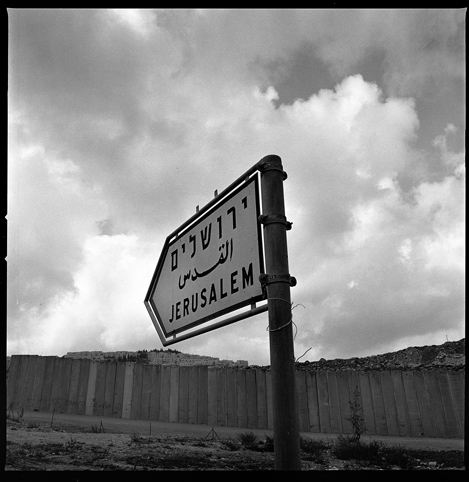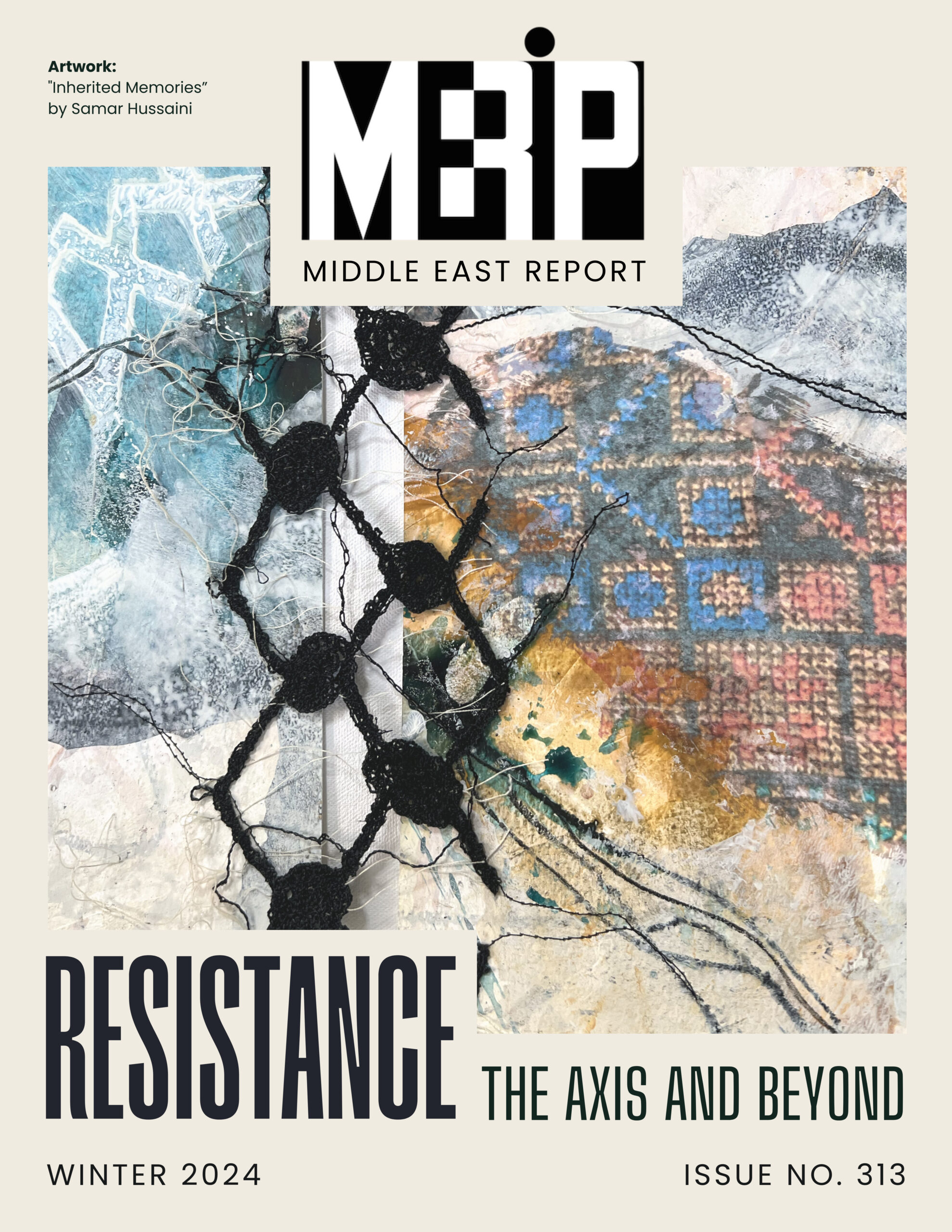IN THIS ISSUE:
Taking Out the Trash
On February 12, 2011, thousands of Egyptians flooded Tahrir Square to celebrate the previous night’s ouster of Husni Mubarak, their country’s dictator of 30 years. It was an unusually bright and clear-skied Cairo Saturday, full of promise of a new Egypt. From atop the October 6 bridge that spans the ‘Abd al-Mun‘im Riyad portion of Tahrir, where just nine days earlier government-paid attackers had rained down ammunition upon pro-democracy demonstrators in the most brutal battle of the revolution, one could see dozens of crews of young people cleaning the square.
Sectarianism and Its Discontents in Post-Mubarak Egypt
The complex Muslim-Christian relations of post-Mubarak Egypt are perhaps best glimpsed through five distinct reactions to the May 7, 2011 attacks on two churches in Imbaba, a poor quarter of Cairo, that left 15 dead and over 200 injured. The Supreme Council of the Armed Forces announced that those responsible would be tried in special security courts.
Striking Back at Egyptian Workers
From People to Citizens in Tunisia
While Mohamed Bouazizi’s self-immolation will undoubtedly remain the iconic image of the 2011 Tunisian revolution, another set of pictures has also stuck in the minds of Tunisians. On the evening of January 14, despite an army curfew, a man staggered across Avenue Habib Bourguiba, shouting, “Ben Ali fled — the Tunisian people is free! The Tunisian people will not die! The Tunisian people is sacred!”
CURRENT ANALYSIS
A New Green Zone in Sanaa
Welcome to the Sanaa Sheraton! It’s now officially part of an expanded US Embassy estate that some are calling Yemen’s “Green Zone,” the plush, heavily guarded civilian headquarters for revised twenty-first-century “rules of engagement” in the Yemeni “theater.” It’s a risky place to stay.
Sudanese Echoes
In Egypt’s constitutional crisis today, there are echoes of the rise of the National Islamic Front (NIF) in Sudan.
International Law and the Iran Impasse
On any given day, provided her paper of choice still features international coverage, the average American newspaper reader can expect to be treated to one or two articles on attempts to halt advances in Iran’s nuclear program. These articles might cover efforts to levy fresh sanctions against the Islamic Republic; they might relay news of discussions among Iran’s primary interlocutors on the nuclear question, the five permanent members of the UN Security Council plus Germany (the so-called P5+1), about diplomatic overtures. Or the stories might echo the mounting calls for airstrikes or other military action to delay and disrupt the progress of Iranian nuclear research.
LATEST ISSUES
FEATURED PRIMER

Primer: Palestine-Israel
Read the newest iteration of MERIP’s Palestine primer. Published in March 2025, and updated to reflect developments in the ten years since our previous primer, it provides an overview of key actors, organizations, historic events, political developments and diplomatic initiatives that have shaped the status and fate of Palestinians and the State of Israel from the late nineteenth century to the present.


